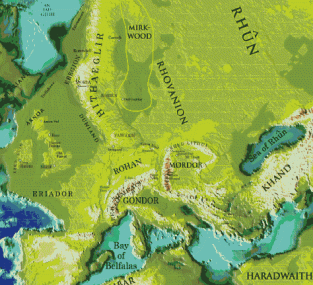Some search engines vie for fairy dust, others just ante up the goods.

Semantic search engines vie to harness the same fairy dust as did Google–once upon a time. But charismatic, enigmatic, and dismissive geeky upstarts that make billions upon billions of dollars of course earn as many foes as they do dough. My point is that Google’s limelight is still enviable and new search engines like the mysterious Powerset and Hakia are in line.
But, outside the West Coast Search celebrity there are other semantic web forces to be reckoned with that have actually been chipping away at the natural language lexicon for years.
Cyc, “the world’s largest and most complete general knowledge base and commonsense reasoning engine,” is already a working product for corporate and industrial users. I’ve just happened on it and am still trying to digest the literature, but it reminds me of a mini IBM WebFountain, without the supercomputing gusto, but, a powerful engine, nevertheless, that has already “learned” <…..THIS much……>
supercomputing gusto, but, a powerful engine, nevertheless, that has already “learned” <…..THIS much……>
“What does Cyc know?” According to founder and developer, Doug Lenat, Cyc is able to negotiate this question: “Which American city would be most vulnerable to an anthrax attack during summer?”
Where can I get my very own Cyc?
Like most open source systems designed for industrial applications, Cyc is not nearly as consumer-friendly as a Powerset or Hakia. There is no intuitive, slick little interface. Instead the Cyc main page smacks of the magic language of software developers and Unix users and computer wizards. This is middleware land, Middle Earth, Hobbit-ville. Which makes it all the more enigmatic–I want one.
Filed under: Computing, linguistics, Search Engine, Semantic Web | Tagged: cyc, cycorp, middleware, natural language, semantic search, Semantic Web | Leave a comment »








